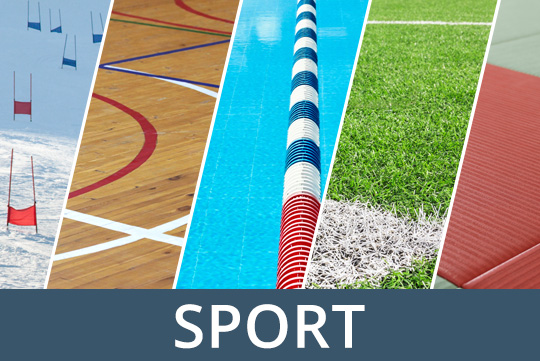Disability sport

The challenge is a considerable one: that everyone – both able-bodied and disabled – be allowed to benefit from the advantages of practising sport. For those with motor, intellectual, mental or sensory disabilities, practising sport not only covers the therapeutic and medical intentions generally defined as treatment, but also the social and educational aspects.
In 2011, EPAS focused on this theme during a regional seminar in Warsaw on 17-18 January 2011, which it co-organised with the Ministry of Sport and Tourism of Poland, and the European Paralympic Committee, on “Disability Sport as an active tool to overcome discrimination and to promote social inclusion”.
EPAS continued to pursue its activities on disability sport by supporting training and awareness-raising events (most notably, a project with CAFE which ran training seminars so that audio-descriptive commentary was available at every match of the Euro 2012 tournament for blind and partially sighted supporters inside the eight host stadiums).
In its Good Practice collection, EPAS also published a handbook on disability sport in Europe.



